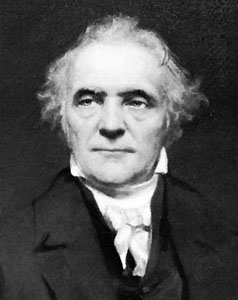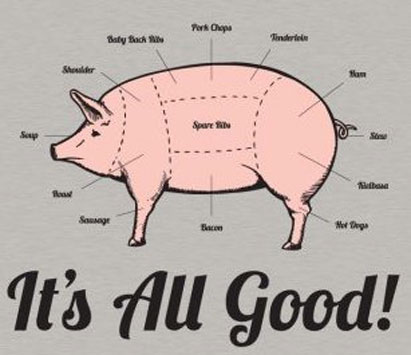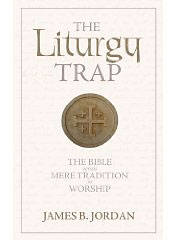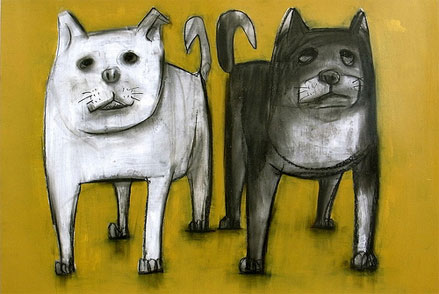Dec
21
2011
 .
.
In The Covenant Key, you’ll see the structure and purpose of all Biblical Covenants laid bare. It hammers home what is promised and what is at stake (the future), and how it all hinges on one simple thing — obedience.
“Real supernatural power is always found in the last place we want to look, the place of humble submission to God and His Law.”
Without fail, the simple passing of time exposes all the man-made isms for what they are: sophisticated attempts to obtain the blessings of God while avoiding obedience to the Law of God.
Continue reading
Comments Off | tags: Covenant Theology, Fasting, Prayer, Tim Challies | posted in Christian Life
Dec
14
2010
or God is a Foodie

The Mosaic dietary laws were temporary. Just as a Nazirite made a temporary vow for the purpose of sanctification for holy war, so Israel’s purpose as a nation of holy warriors included certain abstinences prescribed by God. Once the war was over, the prohibitions were removed. “Bridal food” (the Feast of Tabernacles) was back on the menu in the first century.
The Nazirite vow was a symbolic form of death and resurrection, of the bridegroom going into the grave (short hair), slaying the serpents, and emerging from the chamber with His bride (long hair), whom He then presented to the Father. [1] The prohibition on the Tree of Knowledge was a temporary one. It began Adam’s holy war, but he broke the vow, failed to rescue the bride and was expelled from the Lord’s table. [2]
Continue reading
11 comments | tags: Communion, Fasting, Food laws, Genesis, Jacob, James Jordan, Leviticus, Nazirite, Robert Farrar Capon, Typology | posted in Biblical Theology, Christian Life, Quotes
Feb
20
2010

.
God knows us infinitely better than we know ourselves. God has said that celibacy is “not good.” It is not good for the man and not good for the church. A celibate clergy will distort the gospel in subtle ways without meaning to do so, because they are living in an unsatisfactory situation.
Continue reading
2 comments | tags: Fasting, James Jordan, Marriage, Reformation | posted in Christian Life, Quotes
Sep
21
2009

or Feeding the Correct Dog
THIS POST HAS BEEN REMIXED AND INCLUDED IN GOD’S KITCHEN: THEOLOGY YOU CAN EAT AND DRINK
You must be logged in to see the rest of this post.
Join now for a year for $15!
An added thought based on this from a post last week:
Living things have brains, guts and outsides. This is Word, Sacrament and Government. Word is intangible, but our emotions are communicated symbolically through our bodies. Facial expressions and body language are the response of the “Holy Place” to the “Most Holy” of our inner soul. Eyes are organs of judgment. Eyes are also the windows to the soul. The crystal sea is a window to heaven. The “outer court” interacts with the world and needs cleaning. Only clean stuff is allowed inside the “Holy Place.”
So, basically, as a Tabernacle, if my mind is a symbol of the command from the Most Holy (Word), and my body carries out my thoughts and intents in the world (Government), what is in between? The Holy Place, the place of flesh offered to God.
Continue reading
2 comments | tags: Atonement, Corinthians, Fasting, Paul, Sacraments, Tabernacle | posted in Christian Life
 .
.



























